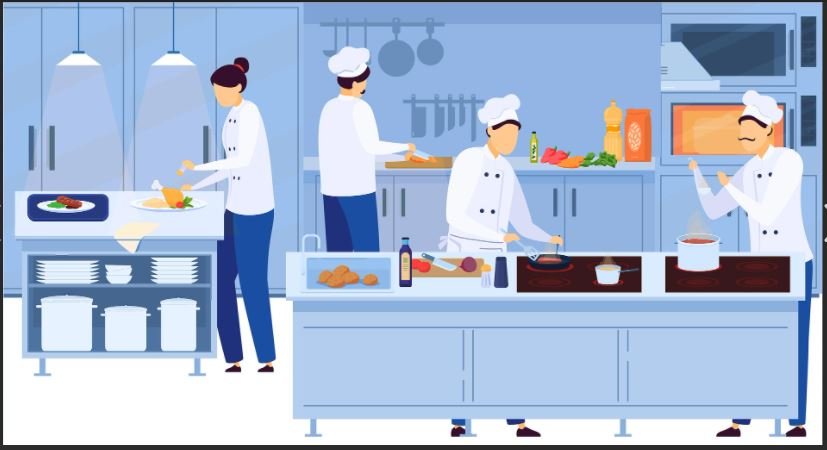By Rubina Aman
March 2020 brought in complete lockdown due to pandemic, when nobody knew that it would have grave financial implications. One of the worst hit sectors was Food & Beverage, which led to the rise of a viable concept like Cloud Kitchen. It helped masses to enjoy restaurant-like food at home which made less-stressful for foodpreneurs. The experts foresee this unique concept as the future of the food industry.
Cloud kitchens, also known as ghost or dark kitchen refer to a restaurant that exists online only, without an actual storefront for customers to sit and eat. It runs on online orders and home delivery, usually through either their own apps or tie ups with food ordering portals like Swiggy, Zomato or Dine out.
Primarily the cloud kitchen business models are like,‘Independent,’‘Multibrand,’ ‘Hybrid,’‘Delivery App owned ‘Shell,’ ‘Delivery App owned fully stacked’ and ‘the Kitopi.’
The Independent Cloud Kitchen is a single brand, single kitchen and no storefront. It specialises in one cuisine and delivery happens through own riders or aggregators. The Multibrand Cloud Kitchendeals with multiple brands, single kitchen, multiple outlets and no storefront.The Hybrid cloud Kitchendeals with single brand, single kitchen and multiple outlets with a storefront. It specialises in multi cuisine seasonal menu, with both delivery and take away options. The delivery App owned ‘Shell’ Cloud Kitchen is aggregator owned, multi-restaurant brand, rented co-working kitchens with no storefront. The restaurants brand does the cooking, orders online through an aggregator app with multiple restaurant partners and the aggregator fleet is used for delivery. The Delivery App owned fully stacked Cloud Kitchen is aggregator owned, multi restaurant brand, rented kitchens with a store front. Orders onlinethrough aggregator app, which also provides a fully stacked kitchen and a storefront for customers to take away food.The Kitopi Cloud Kitchen is a new model where cooking and delivery is fully outsourced. It buys and stores raw materials, pre-prepares the food in a centralized kitchen and sends it back to the parent kitchen for final touches, picks and delivers to the customer.
Cloud Kitchens are getting very popular, majorly because they enable costs cutting on front-house activities and concentrate on just the food. With the availability of third-party services and the growing comfort of mobile ordering, the model benefits from economies of scale, along with the below upsides like lower real estate costs, better expansion opportunities and saving on overhead costs.
Starting a cloud kitchen looks like an easy affair,but it calls for minute detailing which include complying to regulations relating to food safety (FSSAI), health/trade licenses, fire and pollution certificate,Environmental Clearances(CEC), Signages, Night Operations License and GST registrations.
There is no denying that the concept is here to stay. The two pillars of technology that are essential for the success of a cloud kitchen are the online ordering platform, and the platform for order and POS (Point Of Sale) management. Other factors include optimal location, equipment set up, licenses, qualified and trained personnel, packaging, marketing and social listings.


